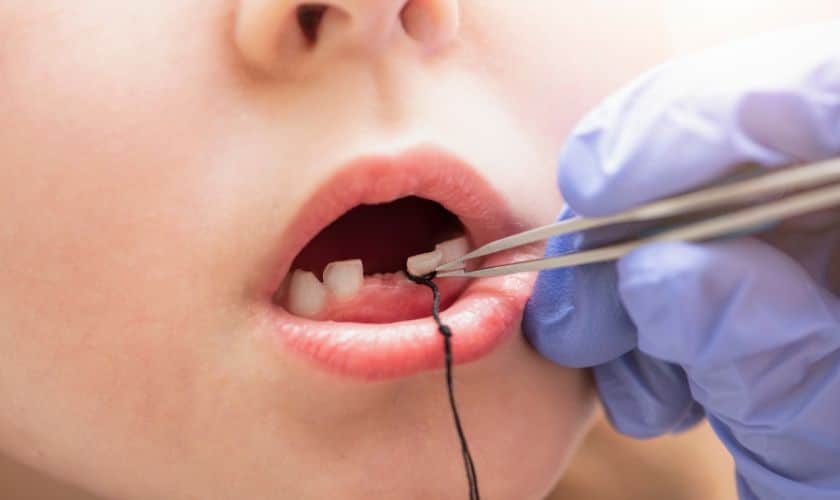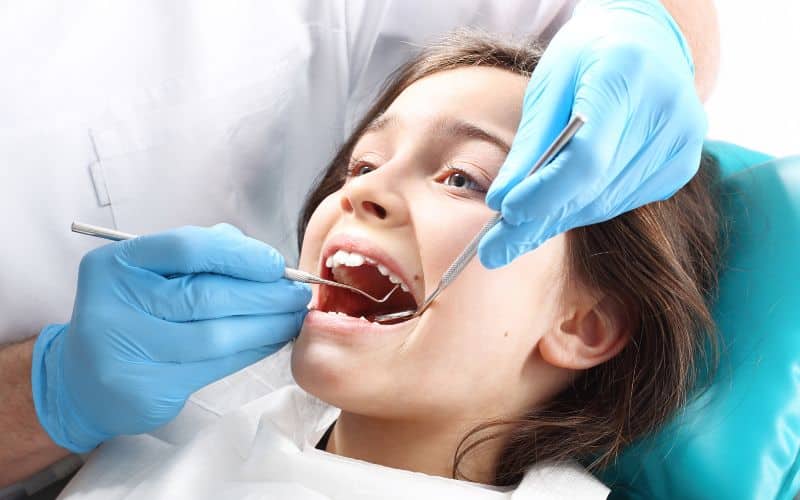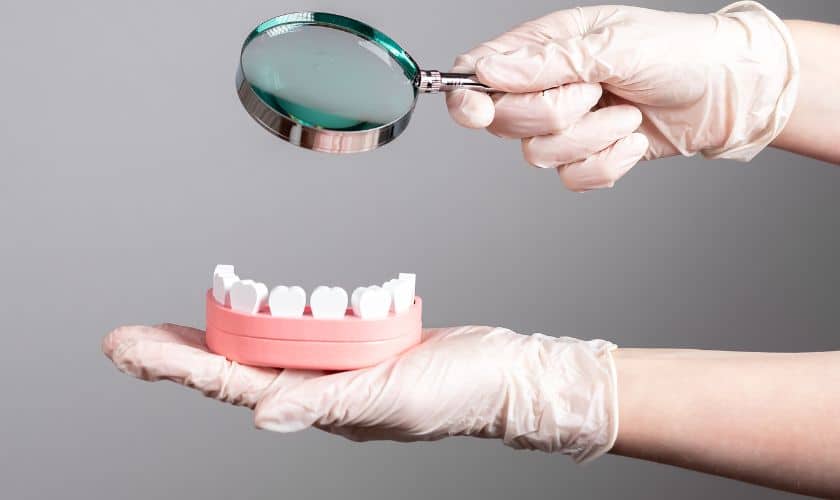Visit Diamond Lakes Dental Today Or Call 501-623-7113
5 Common Reasons for Tooth Extractions and How to Prevent Them

Say goodbye to tooth extractions! Nobody wants to go through the pain and inconvenience of having a tooth pulled out. Whether you’ve experienced it yourself or simply want to prevent it in the future, this blog post is for you. We’re diving deep into the top 5 common reasons for tooth extractions and providing practical tips on how to avoid them. So, grab your toothbrush and let’s get ready to protect those pearly whites!
The top 5 reasons for tooth extractions
1. Tooth Decay: One of the primary reasons for tooth extractions is severe tooth decay. When a cavity is left untreated, it can progress deep into the tooth, causing irreparable damage to the enamel and dentin. In such cases, extraction becomes necessary to prevent further infection or pain.
2. Gum Disease: If you neglect your oral hygiene routine, you may develop gum disease over time. This condition attacks the gums and supporting tissues around your teeth, leading to gum recession and bone loss. In advanced stages of gum disease, teeth may become loose or shift position, requiring extraction.
3. Impacted Wisdom Teeth: Ahh, those pesky wisdom teeth! Many people experience issues with these third molars erupting improperly or not at all. They can cause pain, infections, crowding of surrounding teeth, and even cysts in some cases. To alleviate discomfort and maintain oral health, dentists often recommend extracting impacted wisdom teeth.
4. Trauma or Injury: Accidents happen when we least expect them! Whether from sports injuries or unfortunate falls, trauma to the mouth can result in damaged teeth beyond repair. Dentists may need to remove severely fractured or dislodged teeth that cannot be saved through other dental procedures.
5. Tooth Crowding: Sometimes our mouths just don’t have enough space for all our teeth! This can lead to overcrowding where there isn’t enough room for proper alignment during growth or orthodontic treatment like braces.
How to prevent tooth extractions
Tooth extractions can be a painful and costly procedure, but fortunately, there are steps you can take to prevent them. One of the most important ways to avoid tooth extractions is by practicing proper oral hygiene. This includes brushing your teeth at least twice a day for two minutes each time and flossing daily.
Regular dental checkups are also crucial in preventing tooth extractions. By visiting your dentist regularly, they can identify any potential issues early on and treat them before they become more serious. They will conduct thorough cleanings, examine your teeth and gums, and address any concerns you may have.
Maintaining a healthy diet is another key factor in preventing tooth extractions. Avoiding sugary foods and drinks can help protect against cavities and decay that could lead to extraction. Instead, opt for nutritious options like fruits, vegetables, lean proteins, and dairy products that promote strong teeth.
Additionally, adopting good lifestyle habits can contribute to preventing tooth extractions. Quitting smoking or using tobacco products is not only beneficial for your overall health but also reduces the risk of gum disease which often leads to tooth loss.
Proper oral hygiene and regular dental checkups
Proper oral hygiene and regular dental checkups are crucial in maintaining the health of your teeth and gums. By practicing good oral hygiene habits, you can prevent many common dental issues that may eventually lead to tooth extractions.
It is important to brush your teeth at least twice a day using a fluoride toothpaste. Brushing helps remove plaque and bacteria from the surface of your teeth and along the gumline. Make sure to use gentle, circular motions and spend at least two minutes thoroughly brushing all areas of your mouth.
In addition to brushing, don’t forget about flossing! Regular flossing removes food particles stuck between your teeth where a toothbrush cannot reach. Flossing should be done once every day to maintain healthy gums and avoid gum disease.
Healthy diet and lifestyle habits
Incorporating healthy diet and lifestyle habits is crucial not only for overall well-being but also for maintaining good oral health. A balanced diet that includes fruits, vegetables, whole grains, lean proteins, and low-fat dairy products can provide essential nutrients to support strong teeth and gums.
Avoiding excessive consumption of sugary foods and drinks is vital as it can contribute to tooth decay and cavities. Opting for water or unsweetened beverages instead of sugary sodas or juices can help protect your teeth from acid erosion.
Additionally, avoid tobacco use in any form as it poses a significant risk to both oral health and overall health. Smoking or using smokeless tobacco products increases the likelihood of gum disease, tooth loss, oral cancer, bad breath, and staining of the teeth.
Maintaining proper dental hygiene practices such as brushing twice a day with fluoride toothpaste and flossing daily are fundamental steps in preventing tooth extractions. Regular visits to your dentist for professional cleanings and check-ups are equally important as they allow early detection of any potential issues before they escalate into more significant problems.




